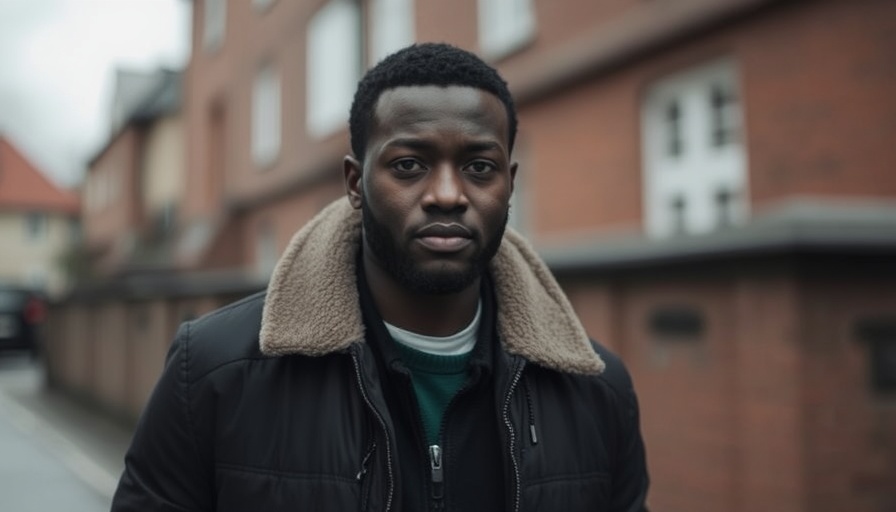
John Oliver’s Bold Stand Against Gang Databases
In the most recent episode of Last Week Tonight, John Oliver tackled the urgent issue of police gang databases—a system he argues is fraught with inaccuracies and biases. These databases, essentially lists maintained by law enforcement that label individuals as gang affiliates, have devastating real-world consequences, including wrongful deportations. Oliver drew attention to the case of Kilmar Ábrego García, whose life was turned upside down due to a mere misunderstanding stemming from what he wore in public. This incident highlights how superficial markers of identity can unjustly condemn individuals.
Unveiling the Flawed System
Imagine being detained for wearing a particular style, like a Chicago Bulls hat or a hoodie featuring controversial designs. This absurdity is precisely what happened to Ábrego García, as highlighted by Oliver during his segment. He emphasized that alarming enforcement practices have been built upon shaky foundations, often relying on dubious evidence and administrative errors rather than substantive proof. He humorously remarked about the notion that one’s fashion choices should not serve as a basis for incarceration—an issue that resonates across various demographics.
The Bigger Picture: The Impact of Gang Databases
For digital nomads traversing through diverse cultures, Oliver’s commentary raises significant questions about systemic biases within law enforcement. The overreliance on these gang databases reduces complex human identities to mere labels that can lead to dire consequences. As we explore and interact with various communities, it’s vital to understand how such systems can disproportionately affect marginalized groups and limit their opportunities for integration and success.
Resisting Oversimplification: The Complexity of Gangs
As Oliver pointed out, not every individual labeled as a gang member engages in crime, and not all criminals belong to gangs. This complexity is frequently oversimplified in databases that lack transparency and reliability. Investigations into these databases have shown them to be rife with errors, dismissing the nuanced reality of urban life. For digital nomads who strive for cultural awareness, it’s important to recognize how such databases perpetuate stereotypes and can reinforce societal divides.
Alternative Approaches to Community Safety
The conversation ignited by Oliver suggests an urgent need to reevaluate how we perceive and approach community safety. Instead of relying on flawed databases, there are successful community programs focused on restorative justice and rehabilitation that could better address crime without further marginalizing individuals. Exploring and supporting these alternatives can empower nomads to advocate for better community relations wherever they travel.
Call for Action: What Can We Do?
John Oliver’s passionate plea can serve as a powerful call to action for all of us. Digital nomads have a unique perspective, shaped by their travels and experiences in diverse cultures. Sharing stories, advocating for equitable practices, and challenging unjust systems can help cultivate awareness and foster change in our communities. As we navigate new places, we should engage with local movements advocating against the misuse of gang databases and for more humane approaches to community safety.
Conclusion: The Path Forward
The discussions raised by Oliver emphasize the critical junctions at which personal identity, societal perception, and law enforcement intersect. Digital nomads, with their global perspective and commitment to community engagement, can lead conversations aimed at dismantling harmful systems and promoting justice. Embrace the opportunity to impact local communities positively—stand against oversights and advocate for fairness in your travels.
 Add Row
Add Row  Add
Add 




Write A Comment